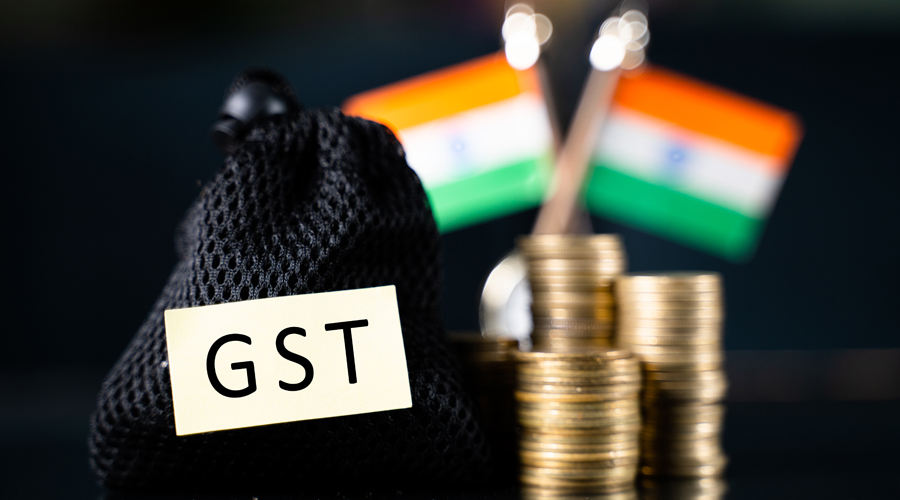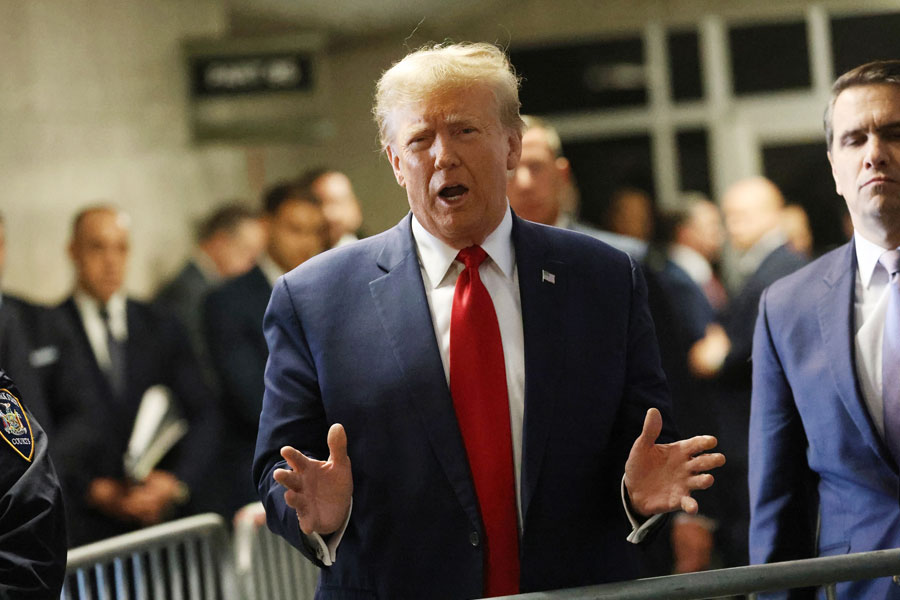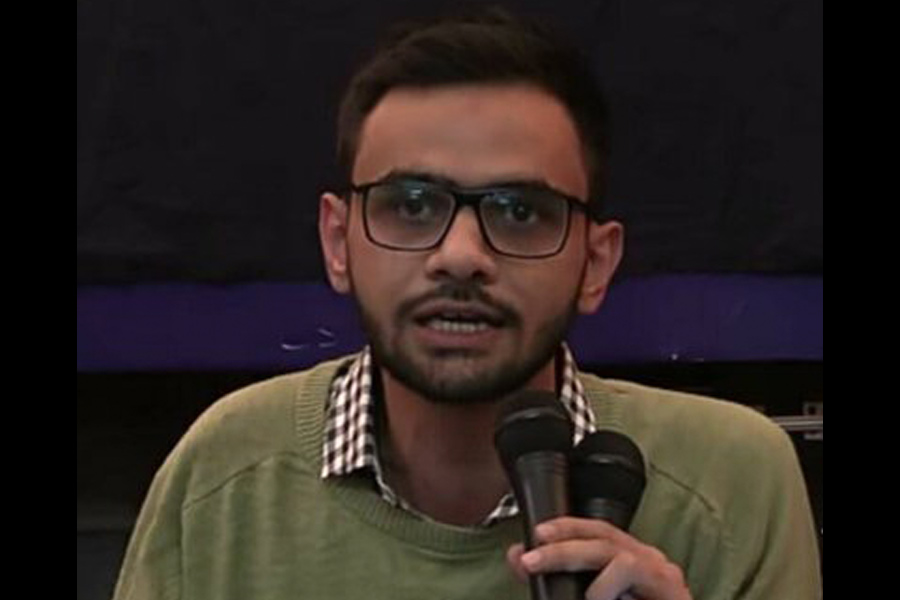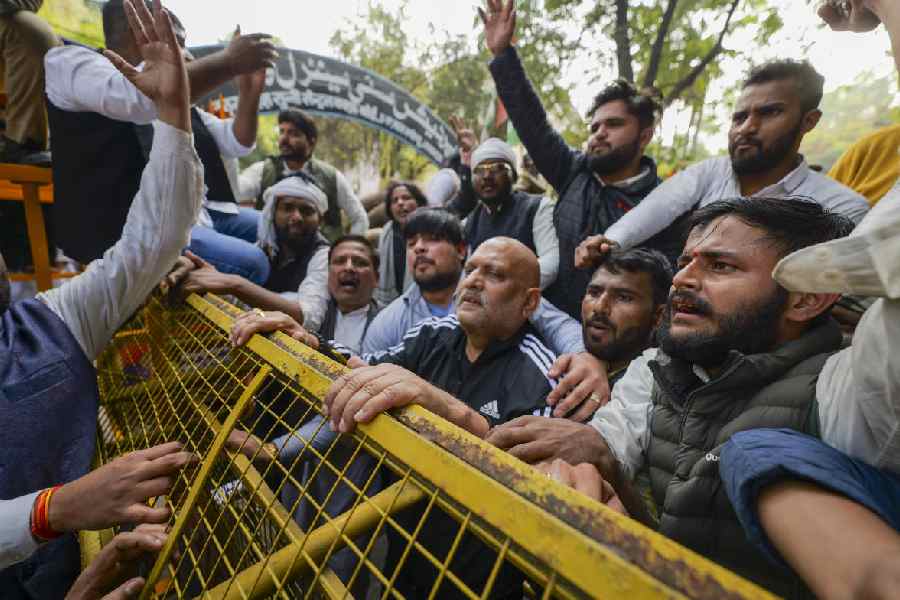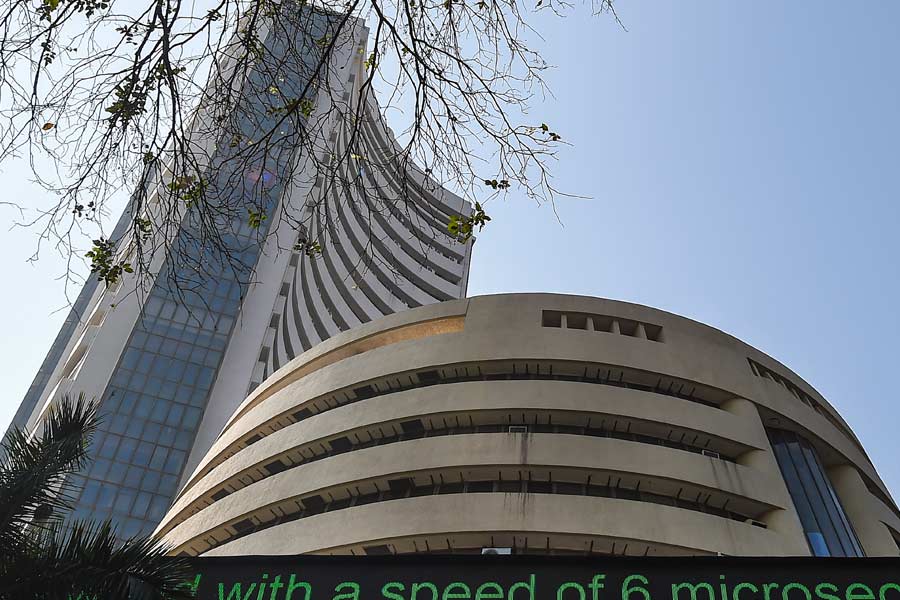The clamour for compensation to states beyond June 2022 grew louder on Saturday with Kerala finance minister K.N. Balagopal saying the financial situation of the state would be deeply impacted if the assistance is not extended.
Balagopal pitched for extending the GST compensation beyond June next year as his state was already grappling with a significant revenue shortfall.
He joins Bengal, Chhattisgarh, Punjab, Rajasthan and Delhi in demanding the extension of the compensation.
Analysts said the revenue guarantee has held the GST regime together and if that is snapped the indirect tax regime itself could come under cloud.
Balagopal, who attended the GST Council meeting yesterday in Lucknow, said even BJP ruled states had voiced the need to extend the compensation beyond June 2022
Kerala will be receiving GST (Goods and Services Tax) compensation of over Rs 13,000 crore and another one-time grant of over Rs 19,000 crore in the current fiscal ending March 2022, he noted.
In case the GST compensation ends next year, the state will face further revenue shortfall.
Chhattisgarh Congress leader T.S. Singh Deo said: “The states did not surrender their right to tax to the Centre to be short-changed. The federal system has to function equitably and not at the cost of one another. We would all press for the GST Council to pass a resolution for the extension of the compensation as the revenue buoyancy has not been to the expected promised level.”
Deo suggested that the “compensation should be extended for a period of another five years. If there is resilience in revenue collection, the Centre may not have to compensate the state. But, till that time, the states must have an assurance of compensation to fall back on.”
He said: “If GST is not working, then you have a common rate of taxes in the country and you disband the GST council and the idea of cess for protected income or also allow the states to impose cess on sin goods.”
States’ losses have been widening because collections have fallen short of the original projections that were built around the promise that states would receive an annual revenue increase of 14 per cent with the base year set at 2015-16.
Rajat Bose, partner at Shardul Amarchand Mangaldas & Co, said: “What the finance minister has said is the stated position of the existing law. However, there is no clarity on the cess collection too. What if the cess collection is buoyant, can the principal and interest of the borrowed sum be paid back early. If so, will the cess not be till March 2026. Or will the sum be held back till that time. Can they do so?”
Data showed that the cess collection in FY2018 was Rs 62,022 crore, FY2019 was Rs 97,639 crore, FY2020 was Rs 98,749 crore and in FY2021 it was Rs 87,215 crore. In the current fiscal, up to August, cess collection has been Rs 42,096 crore.
For the current fiscal, the government has budgeted Rs 1 lakh crore cess collection.
In 2020-21, the Centre had borrowed Rs 1.1 lakh crore on behalf of States to bridge the shortfall in the GST Compensation Cess collections that arose due to the COVID-19 pandemic, but some arrears are still pending, Sitharaman said.
Similar borrowings have also been made this year of about Rs 75,000 crore, with another Rs 83,000 crore more estimated over the remaining part of the year. In 2020, the Council decided that the Compensation Cess levy will be extended to repay the principal amount as well as the interest payable on these borrowings.

